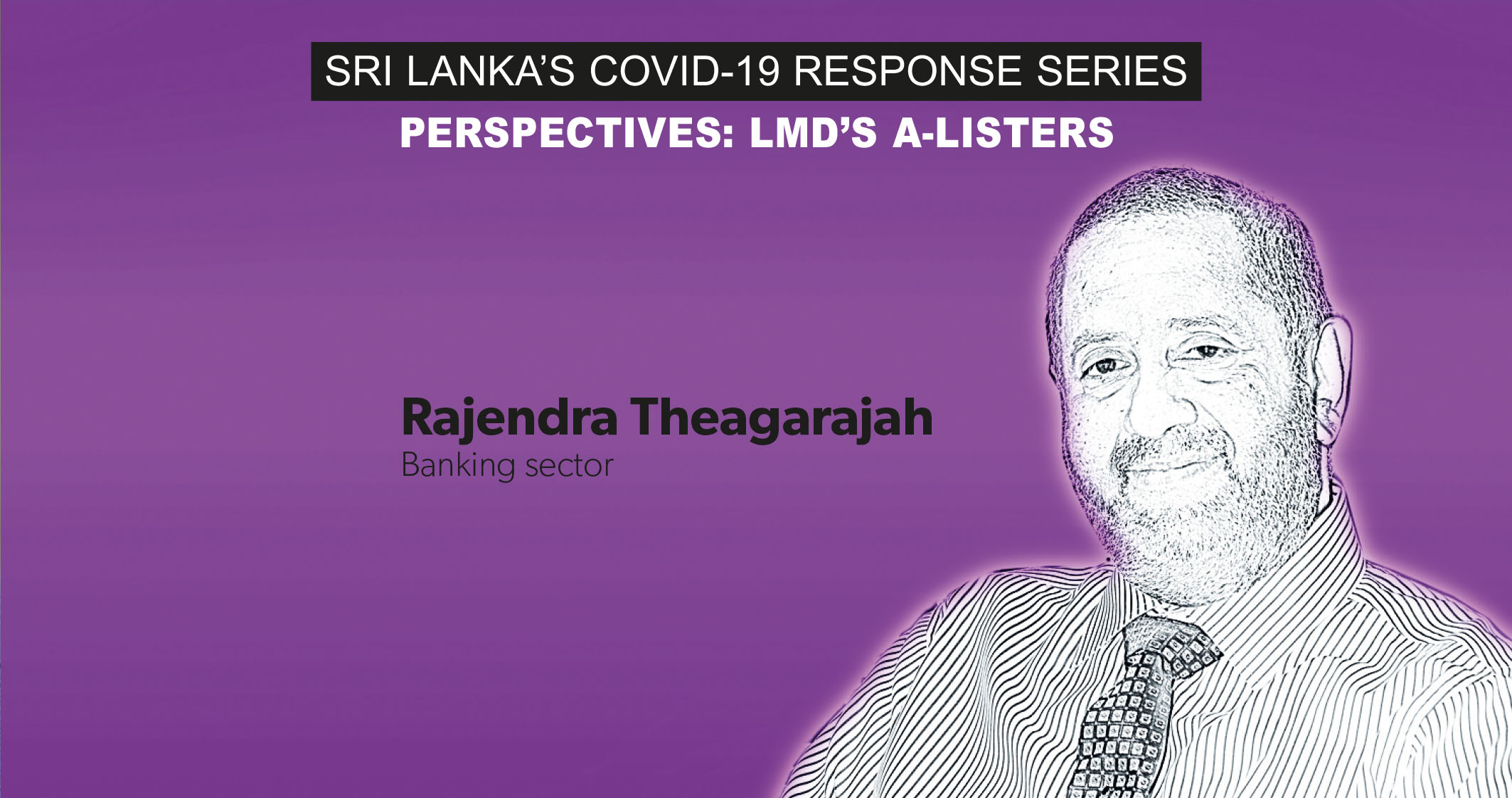THERE’S A SILVER LINING TO THE CRISIS

Q: How do you view Sri Lanka’s COVID-19 response so far? What are the pros and cons?
A: In my opinion, the government has taken several commendable steps to contain the novel coronavirus (COVID-19) by focusing on physical distancing, quarantining where necessary, and even imposing a curfew to curtail public movement and contact with each other.
Yet, the state has to now concern itself with managing the shutdown for the sake of health security while simultaneously keeping the economic nucleus active in the country. Not doing so in due time will eventually inflict economic repercussions for the nation.
So far, the committee spearheading the state’s COVID-19 response has comprised medical officers and the military. Perhaps it is time for the government to widen its scope, and appoint other representatives from the private and public sectors to this committee – officials who can contribute towards facilitating the state’s economic resurgence.
The Ceylon Chamber of Commerce has made available a comprehensive set of recommendations for the economy under 10 key areas, which include Small and Medium Enterprises (SMEs), food security and retail, as well as logistics and transport. If the state can consider such recommendations in its strategy deliberations to help keep the economy afloat while continuing to follow through with the advice of the medical community, it might be able to sufficiently protect public and economic health.
Q: As for state finances, should we print money despite the obvious repercussions and/or seek more funding from global lending institutions and other channels?
A: Printing money isn’t a good solution for the national economy. If isn’t managed properly, the ‘cost push’ inflationary impact will most certainly affect the public adversely.
I would rather see the state follow a combination of renegotiated bilateral borrowing that would make for an easier strain on external debt with additional multilateral funding. Multilateral borrowing from institutions like the IMF and World Bank could even prove beneficial in the long run as they compel recipient countries to follow certain measures as a prerequisite to improve national economic practices.
However, this demands that there’s personal belt tightening across the public and private sectors right down to individuals. in controlling unnecessary expenditure in order to ease the strain of borrowing.
Q: How do you see the ‘new normal’ for business panning out?
A: There is a silver lining to COVID-19; the virus has necessitated change and forced both the public and private sectors to embrace evolution.
Work from home (WFH) measures have proven that in most cases, companies can maintain productivity – and this could signal a promising change to how Sri Lankan companies work in the future – this could be in the form of ‘hotdesking’ and rotational visits to the office a few times a week, which will lead to a better quality of life for both employees and businesses.
We have also seen that e-commerce has bloomed in several areas in the country and has compelled the public to learn to use and trust online platforms and facilities such as non-cash electronic payments. Even institutions such as the Inland Revenue Department (IRD) now allow payments to made by CEFTs and online methods.
Simply said, the virus has forced efficiency in interactions between consumers, the state and businesses.
[wprpw_display_layout id=2]



